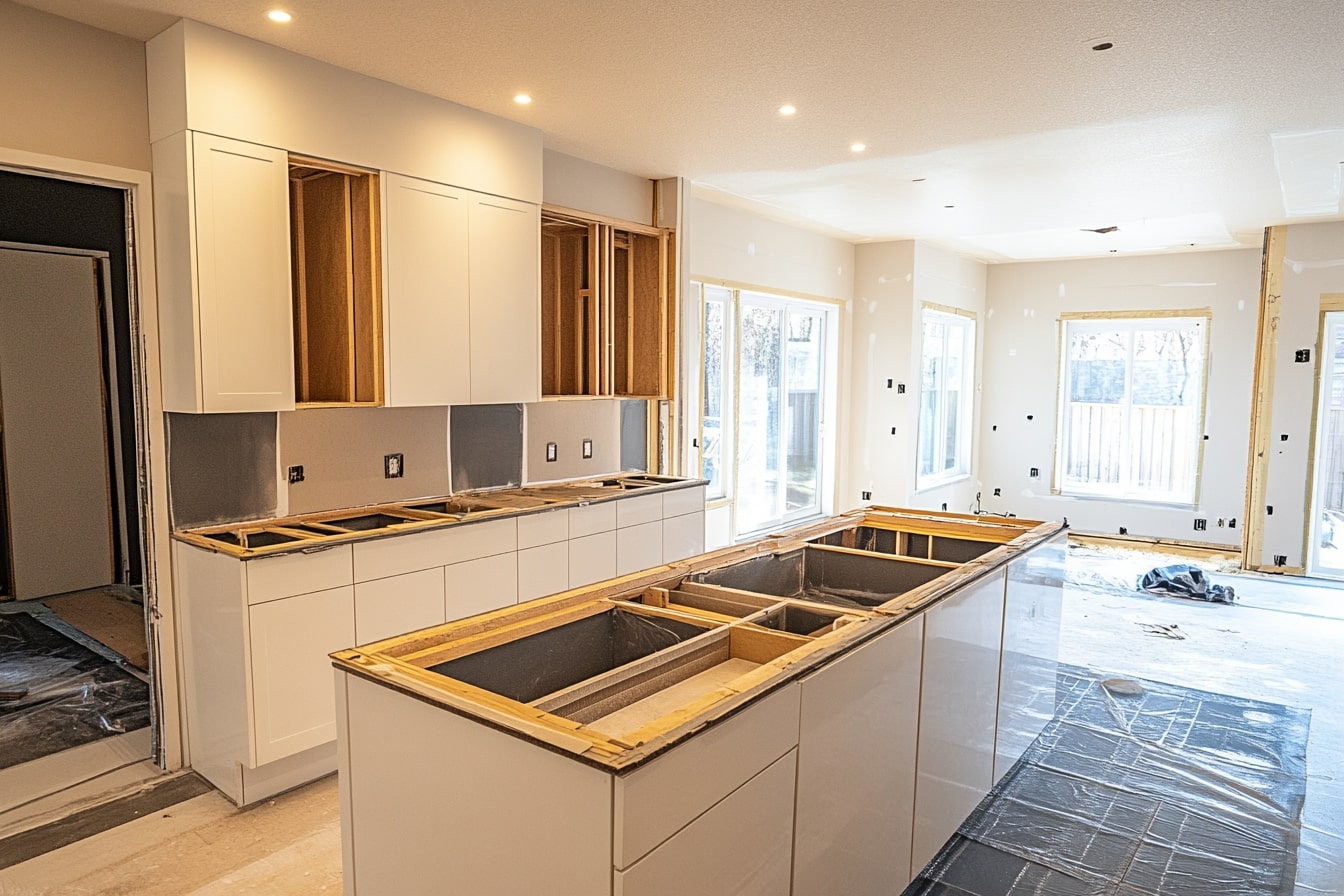The Cost Of Home Care For Seniors (Take A Look)
As our population ages, the demand for home care assistance continues to grow. This guide explores the ins and outs of home care services, helping you understand your options for personal support in the comfort of your own home.

What exactly is home care assistance?
Home care assistance encompasses a range of supportive services provided in a person’s home. These services can include personal care, such as bathing and dressing, as well as help with household tasks, medication management, and companionship. The goal is to enable individuals, particularly seniors or those with disabilities, to maintain their independence and quality of life while remaining in familiar surroundings.
Who can benefit from personal home care assistance?
Personal home care assistance is beneficial for various individuals. Seniors who wish to age in place often rely on these services to maintain their independence. People recovering from surgery or illness may need temporary support. Those with chronic conditions or disabilities can also benefit from ongoing assistance. Essentially, anyone who requires help with daily activities but prefers to stay at home rather than move to a care facility can benefit from personal home care assistance.
What types of services are typically offered?
Home care services are diverse and can be tailored to individual needs. Common offerings include:
- Personal care: Assistance with bathing, dressing, grooming, and toileting
- Household tasks: Light housekeeping, laundry, and meal preparation
- Medication management: Reminders and assistance with taking prescribed medications
- Mobility assistance: Help with walking, transferring, and exercising
- Transportation: Rides to medical appointments or social activities
- Companionship: Engaging in conversation, games, or other activities
The specific services provided can vary depending on the agency or caregiver, as well as the client’s needs and preferences.
How do I find reliable home care assistance in my area?
Finding trustworthy home care assistance requires research and careful consideration. Start by asking for recommendations from your healthcare provider, friends, or family members who have experience with home care services. Online directories and review sites can also be helpful in identifying local providers.
When evaluating potential agencies or caregivers, consider the following:
- Licensing and certifications
- Background checks and training procedures for caregivers
- Range of services offered
- Availability of care (including nights and weekends if needed)
- Client testimonials and references
- Compatibility with your loved one’s personality and needs
It’s also advisable to interview multiple providers before making a decision. This allows you to compare services, costs, and overall fit for your specific situation.
What are the costs associated with home care for elderly in their own homes?
The cost of home care for elderly individuals can vary significantly depending on several factors, including location, level of care needed, and the specific services provided. It’s important to understand that home care can be a substantial investment, but it often proves more cost-effective than residential care facilities.
Here’s a general overview of home care costs and options:
| Service Type | Average Hourly Rate | Average Daily Rate | Average Monthly Rate |
|---|---|---|---|
| Non-Medical Home Care | $20 - $30 | $200 - $350 | $4,000 - $5,000 |
| Home Health Care | $25 - $40 | $220 - $400 | $4,500 - $6,000 |
| Live-In Care | N/A | $200 - $350 | $4,000 - $5,000 |
Prices, rates, or cost estimates mentioned in this article are based on the latest available information but may change over time. Independent research is advised before making financial decisions.
It’s worth noting that costs can be higher in urban areas or for specialized care. Many families use a combination of services to manage costs while ensuring their loved ones receive adequate care. Some options to help offset costs include long-term care insurance, veterans benefits, and Medicaid for those who qualify.
How can I ensure the best care for my loved one?
Ensuring the best care for your loved one involves ongoing communication and monitoring. Here are some tips to help maintain high-quality care:
- Clearly communicate expectations and preferences to the caregiver or agency
- Regularly check in with your loved one about their satisfaction with the care
- Monitor for any changes in your loved one’s condition or needs
- Maintain open lines of communication with the caregiver or agency
- Periodically reassess the care plan and make adjustments as necessary
- Consider using technology, such as medical alert systems or cameras, for additional peace of mind
- Stay involved in your loved one’s care, even if you’re not the primary caregiver
Remember that the best care is often a collaborative effort between family members, caregivers, and healthcare professionals.
Home care assistance can provide invaluable support for those wishing to maintain their independence at home. By understanding the services available, costs involved, and how to find reliable care, you can make informed decisions to ensure the best possible care for yourself or your loved ones.
The shared information of this article is up-to-date as of the publishing date. For more up-to-date information, please conduct your own research.




